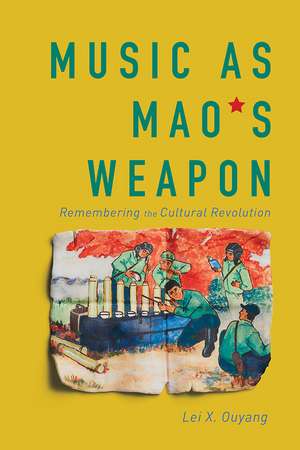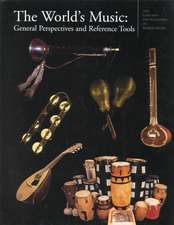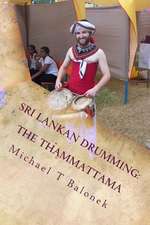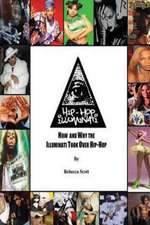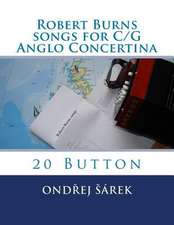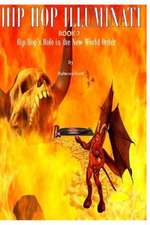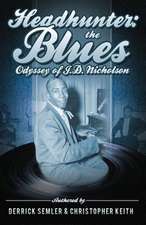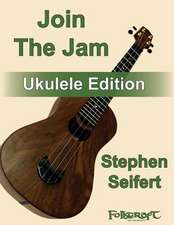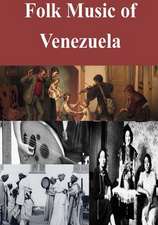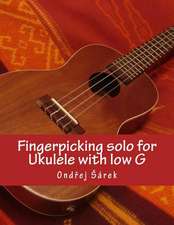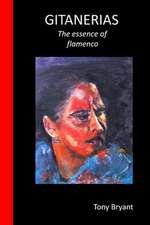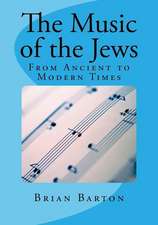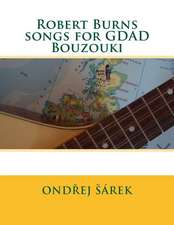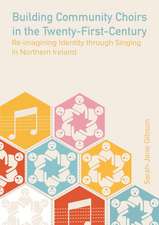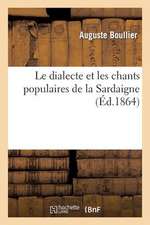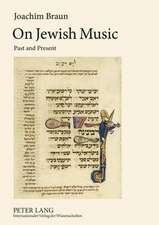Music as Mao's Weapon: Remembering the Cultural Revolution
Autor Lei X. Ouyangen Limba Engleză Paperback – 25 ian 2022
Perceptive and provocative, Music as Mao's Weapon is an insightful look at the exploitation and manipulation of the arts under authoritarianism.
Preț: 159.22 lei
Nou
Puncte Express: 239
Preț estimativ în valută:
30.47€ • 31.62$ • 25.47£
30.47€ • 31.62$ • 25.47£
Carte disponibilă
Livrare economică 22 februarie-08 martie
Livrare express 11-15 februarie pentru 23.99 lei
Preluare comenzi: 021 569.72.76
Specificații
ISBN-13: 9780252086212
ISBN-10: 025208621X
Pagini: 220
Ilustrații: 13 black & white photographs, 13 music examples, 13 tables, glossary
Dimensiuni: 152 x 229 x 15 mm
Greutate: 0.34 kg
Ediția:First Edition
Editura: University of Illinois Press
Colecția University of Illinois Press
ISBN-10: 025208621X
Pagini: 220
Ilustrații: 13 black & white photographs, 13 music examples, 13 tables, glossary
Dimensiuni: 152 x 229 x 15 mm
Greutate: 0.34 kg
Ediția:First Edition
Editura: University of Illinois Press
Colecția University of Illinois Press
Recenzii
"This book opens a new window to events during the Mao era; it undermines our preconceived bias about the events of that phase and is full of musical pieces of the period, providing a distinct picture of the society at that time. . . . Scholars trying to understand Chinese culture and East Asian Studies should go through this book, as the multidisciplinary approach of Lei would lead them to explore something new and fresh in the field." --International Institute for Asian Studies
"Music as Mao's Weapon is well-written and comes with detailed background information, photographs, music examples and song lists, which makes it attractive also to the non-China expert. It exposes strategies of revolutionary music composition and investigates its effects on the individual in the highly politicized and violent context of the Cultural Revolution. . . . Ouyang's book offers stimulating insight into why, how, and to whom this musical heritage is still meaningful today." --The China Quarterly
"Highly recommended." --Choice
"This is a significant contribution to the sparse literature on musical life during China's Cultural Revolution. The focus on individual experience and the categorization of different impacts on different generations are unusual and illuminating."--Helen Rees, author of Echoes of History: Naxi Music in Modern China
"Music as Mao's Weapon is well-written and comes with detailed background information, photographs, music examples and song lists, which makes it attractive also to the non-China expert. It exposes strategies of revolutionary music composition and investigates its effects on the individual in the highly politicized and violent context of the Cultural Revolution. . . . Ouyang's book offers stimulating insight into why, how, and to whom this musical heritage is still meaningful today." --The China Quarterly
"Highly recommended." --Choice
"This is a significant contribution to the sparse literature on musical life during China's Cultural Revolution. The focus on individual experience and the categorization of different impacts on different generations are unusual and illuminating."--Helen Rees, author of Echoes of History: Naxi Music in Modern China
Notă biografică
Lei X. Ouyang is an associate professor of music at Swarthmore College.
Cuprins
List of Illustrations ix
Acknowledgments xiii
Notes on Pinyin, Surnames, Transliteration, and Translation xvii
1 Researching the Battlefield 1
2 Music and Politics 23
Memories of the Battlefield: “It’s in Your Bones, It’s in Your Blood” 71
3 Music and Childhood 76
Memories of the Battlefield: “Learning Music to Avoid Going ‘Up to the Mountains and Down to the Countryside’” 103
4 Music and Memory 109
Memories of the Battlefield: “You Hear These Songs and You Are Inspired” 131
5 Conclusions 138
Appendix A Brief Historical Context of the Cultural Revolution 155
Appendix B Sixty-Five Children’s Songs in New Songs of the Battlefield 159
Chinese Character Glossary 163
Notes 169
Bibliography 177
Index 191
Acknowledgments xiii
Notes on Pinyin, Surnames, Transliteration, and Translation xvii
1 Researching the Battlefield 1
2 Music and Politics 23
Memories of the Battlefield: “It’s in Your Bones, It’s in Your Blood” 71
3 Music and Childhood 76
Memories of the Battlefield: “Learning Music to Avoid Going ‘Up to the Mountains and Down to the Countryside’” 103
4 Music and Memory 109
Memories of the Battlefield: “You Hear These Songs and You Are Inspired” 131
5 Conclusions 138
Appendix A Brief Historical Context of the Cultural Revolution 155
Appendix B Sixty-Five Children’s Songs in New Songs of the Battlefield 159
Chinese Character Glossary 163
Notes 169
Bibliography 177
Index 191
